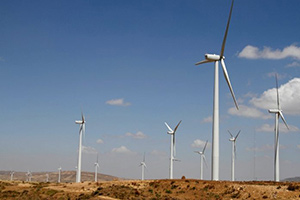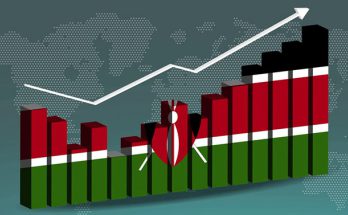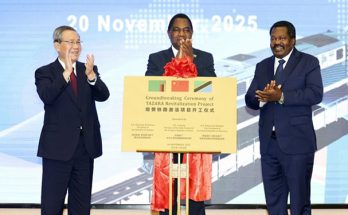 Ethiopia is the 5th major investor in renewable energy in Africa at US $ 100 million, according to the Renewable, Global Status Report, according to Capital. South Africa leads in renewable energy investment followed by Morocco, the second major renewable energy investor at US$ 2 billion.
Ethiopia is the 5th major investor in renewable energy in Africa at US $ 100 million, according to the Renewable, Global Status Report, according to Capital. South Africa leads in renewable energy investment followed by Morocco, the second major renewable energy investor at US$ 2 billion.
Kenya comes to third position with investments worth US $ 357 million and Uganda at US $ 134 million is fourth.
Ethiopia has more than half a million solar lighting systems and more than four million installed clean cooking stoves, making the nation among the top five in Africa when it comes to utilizing these technologies, according to the report.
Several African nations have augmented their policy commitment in the energy sector during 2015 and that has continued with all renewable power generating technologies being set up across the continent.
The report additional stated that the major markets for off-grid solar products has been Sub-Saharan Africa with 1.37 million units vended in the region followed by South East Asia with 1.28 million units sold.
When it comes to universal trends, data shows investment in renewable energy has added to record high in spite of plummeting fossil fuel cost, the strength of the US dollar, which dropped the dollar value of non-dollar investments, and the continued weakness of the European economy. For the sixth successive year, renewable energy outdid fossil fuels for net investment in power capacity additions.
Approximations so far show that ‘green energy’ has generated 8.1 million direct and indirect jobs. The report shows that solar and bio-fuels offer the leading numbers of renewable energy jobs. Extensive hydropower accounted for an extra 1.3 million direct jobs. Bearing in mind all renewable energy technologies, the principal employers in 2015 were China, Brazil, the United States and India.
Renewable energy sources are currently set up around the globe as conventional sources of energy, the report affirms.
Speedy development, especially in the energy sector, is being motivated by numerous factors, such as the improving cost-competiveness of renewable technologies, committed policy schemes, enhanced access to funding, energy security and ecological concerns, mounting demand for power in developing and budding economies, and the need for access to modern power.
As a result, new markets for both centralized and distributed renewable energy are rising in all regions.



